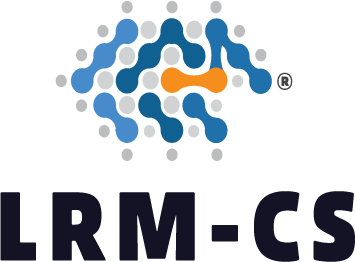Implementing IFLA-LRM
As a library, you know the importance of having an efficient ILS to manage your collections (acquisition, description, serials tracking and circulation) as well as an intuitive OPAC that helps your patrons find your valuable resources.
As you also know, the IFLA (International Federation of Library Associations and Institutions) has launched a bibliographical revolution in 1998 by publishing the FR family model (FRBR FRAD, FRSAD). In order to comply with the Web of Data, a new model has been launched in 2017, called IFLA-LRM (Library Reference Model) and this is the model that our online application Diamond is implementing.
Diamond is the first commercially available ILS to natively implement IFLA-LRM. It is suited for monographs, serials as well as manuscripts, physical or digitized. It has been developed by René-Vincent du Grandlaunay, OP for the IDEO (Dominican Institute for Oriental Studies in Cairo) since 2011 under the name AlKindi, implementing the FRBR model. Instead of adding new (UNI)MARC fields, René-Vincent decided to start from scratch and create all four levels (work, expression, manifestation and item), and the relations between them. His roadmap was and still is the fidelity to RDA, the cataloging code implementing the ILFA-LRM model.
In 2021, the French non-profit association “LRM Cataloging solutions” (LRM-CS) was created to continue this adventure. Chaired by Gordon Dunsire, who contributed to the development of RDA, and with René-Vincent on board, LRM-CS aims at developing and distributing Diamond, as well as helping libraries in their bibliographical transition. Do you wish to join us and become a partner?
These are our partners
Do not take our word for it, check our prestigious range of clients that has subscribed to our services, and received a solid quality of service that provided them with comprehensive suite of features to preserve, catalogue, and enrich their existing collection with tailored solution that answered to what they needed. Some of those clients are: the IDEO (Cairo) and Giorgio La Pira Library (Palermo) for their entire collections, the Vatican Apostolic Library and the Arab League’s Arabic Manuscript Institute (for their Arabic manuscripts), the CNRS’ GIS-MOMM (for a virtual library devoted to al-Nahḍa), and others are under discussion. For more information you can refer to this link to know more about existing portfolio of partners.
One open data database, multiple themed portals
Diamond (then called AlKindi) is in production since 2013, meaning that the IDEO’s catalogers have been cataloging the IDEO’s resources with the Web of Data in mind for almost 10 years. When in 2014 the Arabic Manuscripts Institute joined the IDEO in the adventure, we decided to shift to online cataloging and we changed the application’s name from AlKindi to Diamond. This change enables us today to distinguish between the themed online portals (AlKindi for the Arabic heritage, Albertus for the Medieval Latin heritage, Ignatios for the Oriental Christian heritage, Maryana for the Arabic Nahḍa) from the web-application itself.
The very nature of IFLA-LRM and the relations between the entities encouraged us to work online: the same works, or related works, can be found in many libraries. When your library joins the Diamond adventure, you immediately inherit an up-to-date database of more than 230,000 works and 116,000 agents (authors, publishers or any institution). Your catalogers can update these records, add references, create new ones, and link between all these records. In turn, all partners will then be able to use your records and enrich them. Open data is the keyword!
Diamond also enables you to manage your own items, with your own classification (including past, present and future call numbers), as well as manage the online access to your resources (free of right or under copyright).
Why we do it
That’s a good question. Once we began to understand the very nature of FRBR and the LRM model that subsumed it, it became clear that this revolution would deeply change the way libraries work. Firstly, catalogers now need to also do research and work hand in hand with scholars, in particular to identify works, expressions, and agents, as well as the relationships between them all. Secondly, human knowledge is interconnected and the rise of the Web of Data urges libraries and helps them to work together. When the Arabic Manuscript Institute joined the IDEO in 2014, it became immediately clear that the manuscripts they were cataloging were the basis of the scientific editions the IDEO had on their shelves. So, we finally could link these data and make it available to students and researchers.
It also became clear that the Diamond project was too big for the IDEO to manage alone. The more partners were joining, the bigger the challenge. Founding LRM-CS was the only way to make this project sustainable, so that more libraires could join us and expand the network of scholarly sourced information freely available online.
This is how we can help you
So, it goes like this: the first and foremost service we provide is consulting. We can meet your team and present them the IFLA-LRM cataloging model, along with the RDA description standards, and evaluate their potential for your collections (especially manuscripts and rare books). We can explore with you the opportunity for your library to shift from (UNI)MARC to IFLA-LRM/RDA and study the necessary steps to help you do this.
The second service is full-fledge use: You adopt Diamond as your ILS (acquisition, circulation, cataloging, serials tracking and OPAC). Your library becomes a partner in referential cataloging and data quality control. You contribute to the Diamond open dataset of Works, Expressions, and Manifestations, add references and sources, manage your collection of items (manuscripts, printed matters, PDF and online resources, free or copyrighted) and increase your online visibility.
The third one is outsourced cataloging: You entrust us with your digital collections (manuscripts and rare books in particular) and we catalog them for you. They are displayed in an OPAC bearing your logo, linked to your current OPAC forth and back. This solution enables to enrich the metadata of your resources without having to train your staff in IFLA-LRM not to undergo a migration of your data to Diamond.
The fourth service consists in training you, as in individual scholar or small research lab, to create your own virtual reference library (the authors and their works) where you can enrich existing online records, create new ones, link data available in libraries worldwide, all displayed in your dedicated OPAC. More and more research projects include the building of a bio-bibliographical database. Instead of creating one from scratch, we help you create one that fits your needs and builds on our existing online data.
The last service is a digital residence: We welcome you in hybrid format in one of our partner libraries, depending on your research field, to train you in the latest standards in cataloging (IFLA-LRM, RDA), applied to your own field of research. During this residence, you will learn about the latest development in digital humanities, applied to your needs.
Please do not hesitate to contact us and tell us more about your needs. We are experts in digital humanities, applied to bio-bibliographical resources and academic research.
Wrapping up
Providing Diamond as a robust and rich solution as an ILS did not happen overnight. It is rather the accumulation of passion, experience, perseverance, commitment and much more. The Result? A one-stop solution for all of your needs, and a new world of possibilities and opportunities. It is connected knowledge that is much more than the sum of its parts, and a new way to make more sense of human written heritage and experiences. It is a world of more data, open, accessible, free, referenced, and organized in a whole new way for your library, for your patrons and for your teams of scholars.


